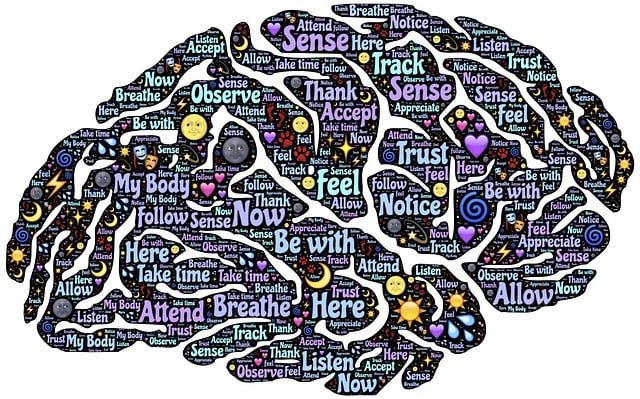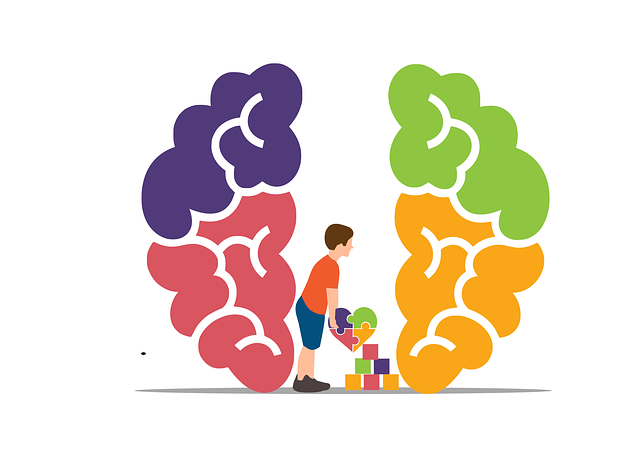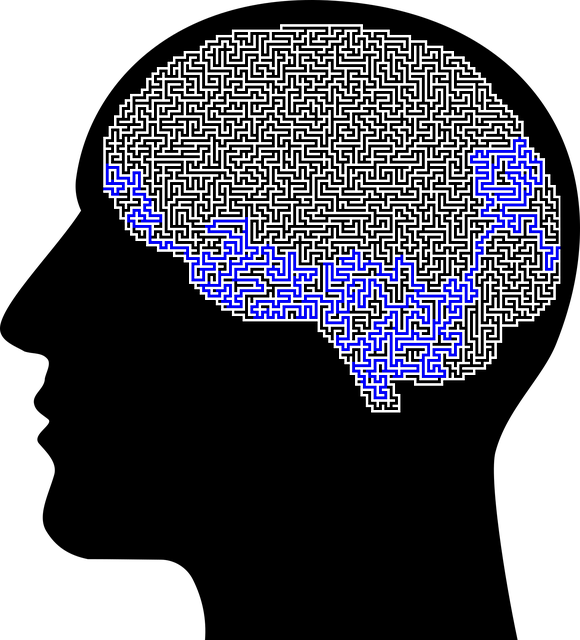Risk assessment is a cornerstone of child therapy, especially innovative approaches like Acceptance and Commitment Therapy (ACT). ACT uses risk assessment to teach mindfulness, emotional regulation, and goal-setting, empowering young clients to manage trauma and promote mental wellness. By combining evidence-based practices with tailored strategies, therapists can proactively mitigate risks, build trust, and enhance the well-being of developing minds, ensuring therapy aligns with each child's unique needs.
In the realm of child therapy, risk assessment and harm minimization are paramount for ensuring safe and effective treatment. This article explores these critical components, focusing on Understanding Risk Assessment and Its Role in Child Therapy, as well as highlighting Acceptance and Commitment Therapy (ACT) as a powerful harm minimization approach. We delve into practical strategies for implementing effective risk management plans tailored specifically for young clients, emphasizing the importance of Therapy for Young Children and ACT in fostering positive outcomes.
- Understanding Risk Assessment and Its Role in Child Therapy
- Acceptance and Commitment Therapy (ACT): A Harm Minimization Approach
- Implementing Effective Risk Management Strategies for Young Clients
Understanding Risk Assessment and Its Role in Child Therapy

Risk assessment is a cornerstone in child therapy, providing a structured framework to ensure the safety and well-being of young clients. It involves meticulously evaluating potential hazards and risks associated with a child’s emotional, psychological, and physical environment. By identifying these factors, therapists can tailor their approach, offering appropriate interventions and strategies to mitigate any perceived threats. This process is pivotal in fostering a therapeutic alliance built on trust and understanding.
Acceptance and Commitment Therapy (ACT), for instance, leverages risk assessment to teach children mindfulness techniques, helping them navigate challenging emotions and behaviors. By integrating Mind Over Matter principles, ACT promotes mental wellness and burnout prevention, empowering young individuals to embrace their experiences without judgment. This holistic approach ensures that therapy aligns with the child’s best interests, fostering resilience and a sense of agency while navigating life’s complexities.
Acceptance and Commitment Therapy (ACT): A Harm Minimization Approach

Acceptance and Commitment Therapy (ACT) offers a unique and promising approach to harm minimization planning, particularly for young children. This therapeutic framework encourages individuals to develop psychological flexibility, enabling them to accept difficult thoughts and emotions while committing to valued actions. By fostering emotional regulation skills, ACT helps children navigate traumatic experiences and promotes their overall well-being.
Through ACT’s evidence-based practices, therapists support the healing processes of young clients, helping them make sense of their feelings and behaviors in the context of past traumas. This approach prioritizes the present and future, guiding children to define their personal values and set meaningful goals. By doing so, ACT empowers kids to take proactive steps towards a fulfilling life, even in the face of adversity, ensuring they receive the necessary trauma support services tailored to their unique needs.
Implementing Effective Risk Management Strategies for Young Clients

Implementing effective risk management strategies is paramount when working with young clients, as their developing brains and unique experiences necessitate tailored approaches. Therapy for young children, such as Acceptance and Commitment Therapy (ACT), has proven to be a powerful tool in fostering mental wellness coaching programs. ACT focuses on helping individuals accept their emotions while encouraging them to commit to actions that align with personal values, fostering resilience and coping mechanisms.
Mental health professionals play a crucial role in developing risk management planning, integrating communication strategies to build trust and ensure client safety. By combining evidence-based therapies with individualized risk assessment tools, professionals can proactively address potential hazards, promote positive outcomes, and enhance the overall well-being of young clients.
Risk assessment and harm minimization planning are essential components of providing effective therapy for young children. By understanding risk assessment and exploring innovative approaches like Acceptance and Commitment Therapy (ACT), therapists can implement robust strategies to ensure safety and promote positive outcomes. ACT, in particular, offers a harm-minimizing framework that empowers young clients to navigate challenges and live valued lives. Through these comprehensive methods, therapists can create a supportive environment, fostering growth and resilience while mitigating potential risks.














